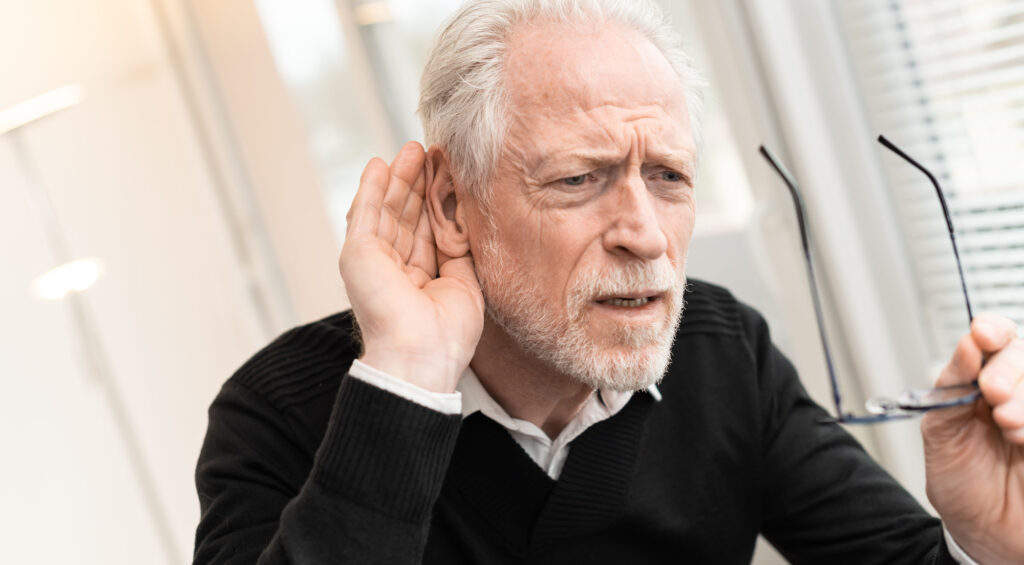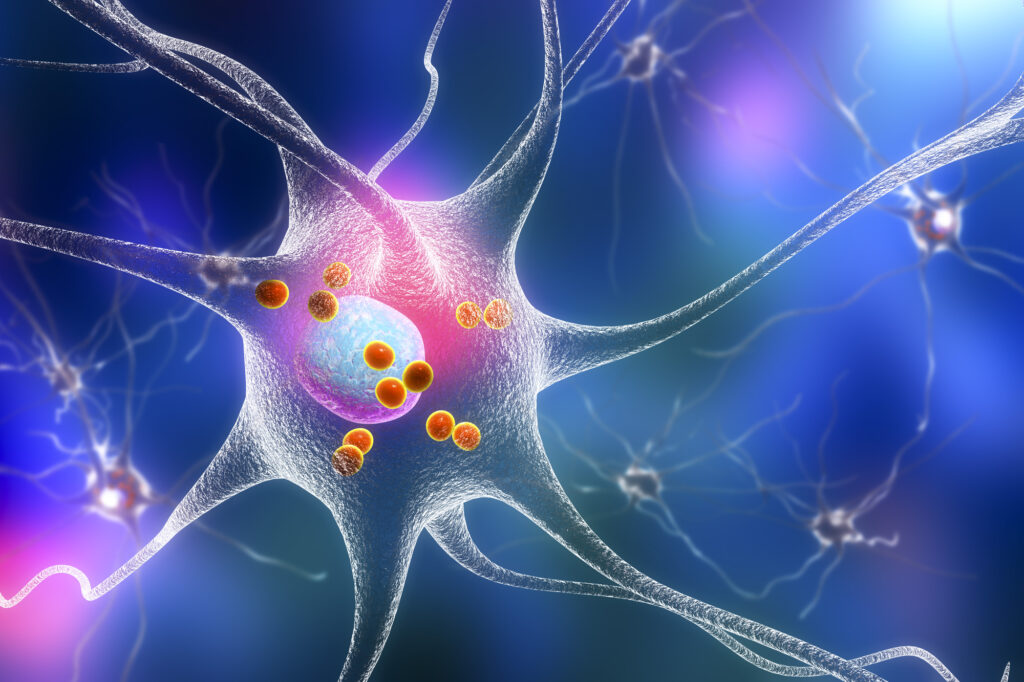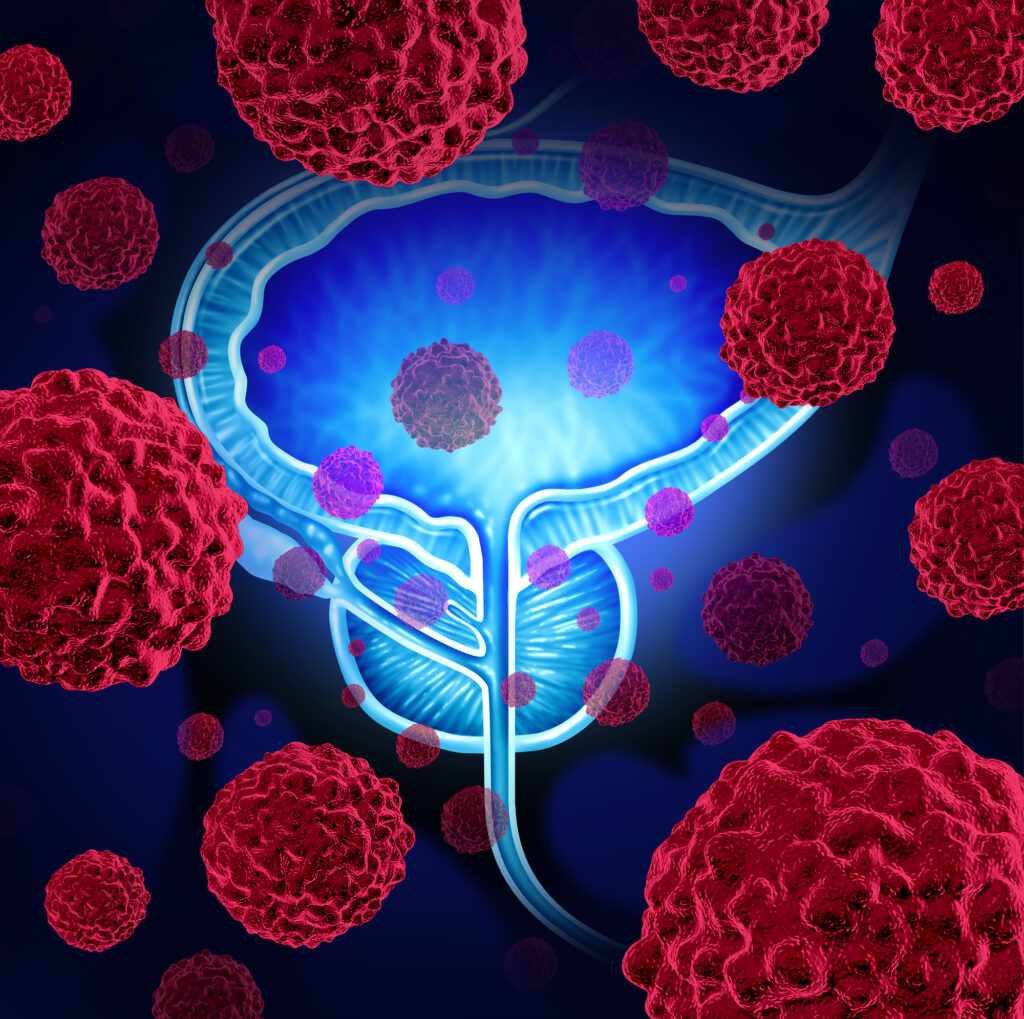Hearing loss is a common issue with older adults, and while science has provided a partial solution with advanced hearing aid technology, researchers are still searching for ways to prevent or reverse the condition in the first place.
Now, a team of scientists in Argentina believes they may have found an answer—common phytosterol supplements, which are generally taken to help manage cholesterol. Their research was published on August 24 in the journal PLOS Biology.
The Study
Sensory cells in the inner ear called outer hair cells (OHCs) amplify sounds by changing their length. As we age, these cells lose their ability to stretch in response to sound, leading to hearing loss. Because cholesterol is a key player in the stretch response—and because brain cholesterol has been shown to decrease with age—the researchers hypothesized that hearing loss might be related to loss of cholesterol in OHCs.
To test their hypothesis, the researchers measured the amount of CYP46A1, an enzyme that helps break down and recycle cholesterol, in the inner ears of groups of younger (2-month-old) and older (24-month-old) mice. As expected, they found more CYP46A1 in the older mice, and consequently less cholesterol.
Next, they showed cause and effect by inducing hearing loss in young mice by over-activating CYP46A1 with a drug. And finally, they tested whether increasing cholesterol in the brain could counter the hearing-loss effects of the drug. Since cholesterol itself cannot actually cross the blood-brain barrier, the researchers used phytosterols, plant-based cholesterol-like compounds, that can. The young mice who received both the CYP46A1-activating drug and 3 weeks of dietary phytosterol supplements displayed improved OHC function. The results showed that phytosterol supplements were able to act in place of the lost cholesterol and prevent sensory dysfunction in mice with related hearing loss.
Conclusions
“Our results provide valuable insights into the relationship between cholesterol homeostasis and the physiopathology of the inner ear.,” the researchers wrote in their conclusion. And because phytosterols can be found in many over-the-counter supplements, the researchers further suggest that phytosterols could be a convenient and inexpensive way to combat age-related hearing loss. However, they note that before definitive recommendations can be made, the effect of phytosterols on hearing loss must first be tested in older mice and then in human clinical trials.
That said, this study has offered valuable insights into the causes—and potential treatments—of age-related hearing loss. According to the authors, the study shows that, “aging triggers cholesterol loss from sensory cells of the inner ear…[and] these defects can be partly reversed by phytosterols supplementation. Our findings are very promising because they provide the first proof-of-principle supporting phytosterol supplementation as a possible approach for prevention or treatment of hearing loss.”






